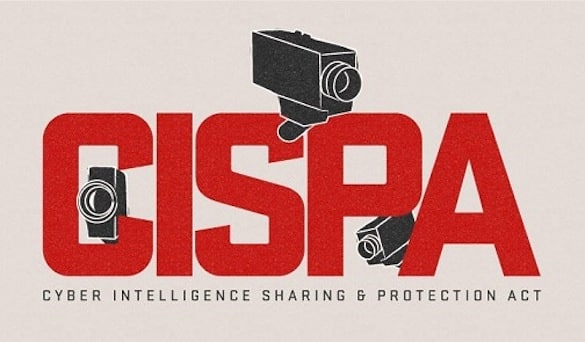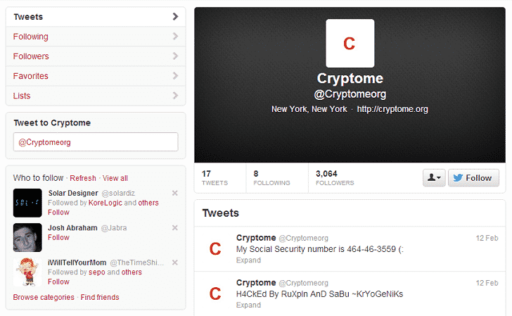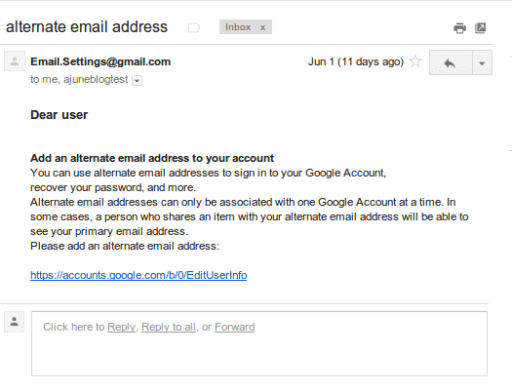The Cyber Intelligence Sharing and Protection Act (CISPA) has been around for quite some time. It was initially passed by U.S. Congress, but shelved after privacy activists raise a hue and cry. Now, many sources hint that the bill may be back to be pushed through the two houses or implemented simply by an executive order.
To give you a hint at what the bill brings, it essentially provides the government with access to the user data of all companies, private or public. In other words, once the bill passes, Facebook, Twitter and a lot of tech companies would be obliged to hand over user data to the U.S. authorities.
The biggest problem is that the government described cyber-security threats as attempts to ‘disrupt, degrade, destroy or gain unauthorized access to any system or network, whether privately owned (by a company) or owned by government.’ Whether or not that may also include DDoS attacks remains to be seen, but more likely than not, government will include DDoS attacks in its definitions.
Right now, the U.S. representatives are styling the bill as essential to U.S. security. In fact, even the Defense Secretary and Homeland Security have stressed that the bill is direly needed to be passed so that the security of national infrastructures and other entities could be guarded.
Moreover, this time, the pressure on the house of representatives may not hold. Rather, it is being hinted by the authorities that President Obama may simply sign it under an executive order and make it a part of the law, shall the Congress fail to do so.
Privacy activists, on the other hand, have cited grave concerns on such a possibility. The chief contention forwarded by them, and which is quite rational, is that once the bill is implemented, the authorities would start considering everyone a potential criminal and that’s a slippery road. One hopes that even if the Obama administration is so adamant on implementing the bill, it is done by taking privacy activists as well as private companies on board so as to give the bill a form which would be acceptable to all stakeholders.
Courtesy: ZDNet
[ttjad keyword=”security”]




